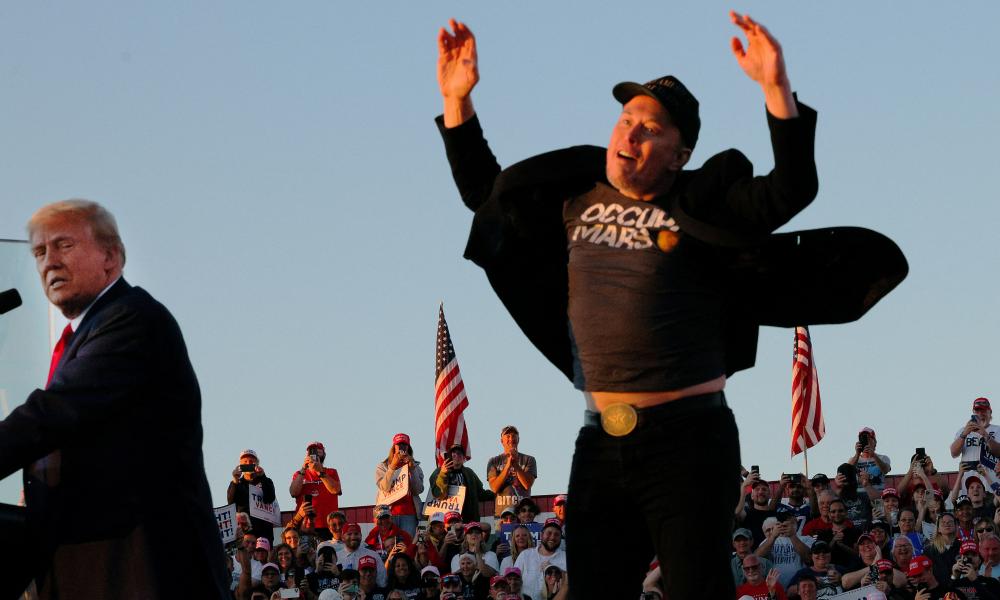Donald Trump’s presidential campaign has reportedly collaborated with X, the social media platform owned by Elon Musk, to suppress information regarding his running mate, JD Vance. This action stemmed from a 271-page document that detailed Vance’s vetting process, which was linked to by journalist Ken Klippenstein. The New York Times indicated that upon receiving the campaign’s complaint, X blocked access to the document, citing the presence of sensitive personal information, including Vance’s social security number. Additionally, Klippenstein faced a ban from the platform for sharing the link. Information tied to the document was alleged to be associated with a hack of the Trump campaign directed by Iranian actors earlier in the year, with the FBI involved in the investigation.
This incident is set against a backdrop where several media outlets opted not to publish materials from the hack, contrasting their reporting approach during the 2016 presidential elections involving Hillary Clinton. At that time, much attention was given to similar files leaked by Russian intelligence. Trump himself had once expressed desire that Russia would find more of Clinton’s files. The media’s differing treatment of information in these instances raises questions about the editorial discretion exercised by outlets and the implications for the political narrative surrounding both Trump and Clinton.
The removal of Klippenstein’s posts from X underscores the increasingly evident partisan bias attributed to Musk, who has been a vocal supporter of Trump’s bid for re-election. After acquiring Twitter in 2022, Musk touted himself as a champion of free speech, advocating for open discourse across political lines. However, his recent actions, including attending a Trump rally in Pennsylvania, have sparked debates about the true nature of his commitment to free speech, suggesting that it may be selectively applied to protect political allies.
During his rally appearance, Musk made headlines with an exaggerated display of support, claiming to be part of a “dark Maga” movement, thereby aligning himself closely with Trump’s Make America Great Again ethos. He voiced concerns that Democrats, particularly Vice President Kamala Harris, threaten fundamental American rights such as free speech, the right to bear arms, and the right to vote. Musk’s remarks emphasized an apocalyptic view of the upcoming election, asserting that it would be decisive for the country’s freedom.
Klippenstein, now reinstated on X after media scrutiny, criticized Musk’s growing political influence, characterizing it as a concerning development for the principles of democratic engagement and freedom of expression. He argued that the capabilities of social media corporations to dictate what information is accessible to voters pose a risk to the democratic process itself. Klippenstein’s perspective highlights broader concerns regarding the interplay of technology and politics, especially how financial influence can shape public discourse and voter access to information.
Looking ahead, Musk’s continued involvement in supporting Trump’s campaign is apparent, as he is expected to attend more rallies and may engage directly with constituents in swing states like Pennsylvania. Through America Pac, a political action committee he has founded, Musk has invested significantly in Trump’s campaign to bolster outreach and influence voter sentiment. This development not only solidifies Musk’s role in modern political landscapes but also raises pressing questions about the nature of media influence, campaign finance, and the integrity of electoral processes in the face of contemporary digital communication technologies.

